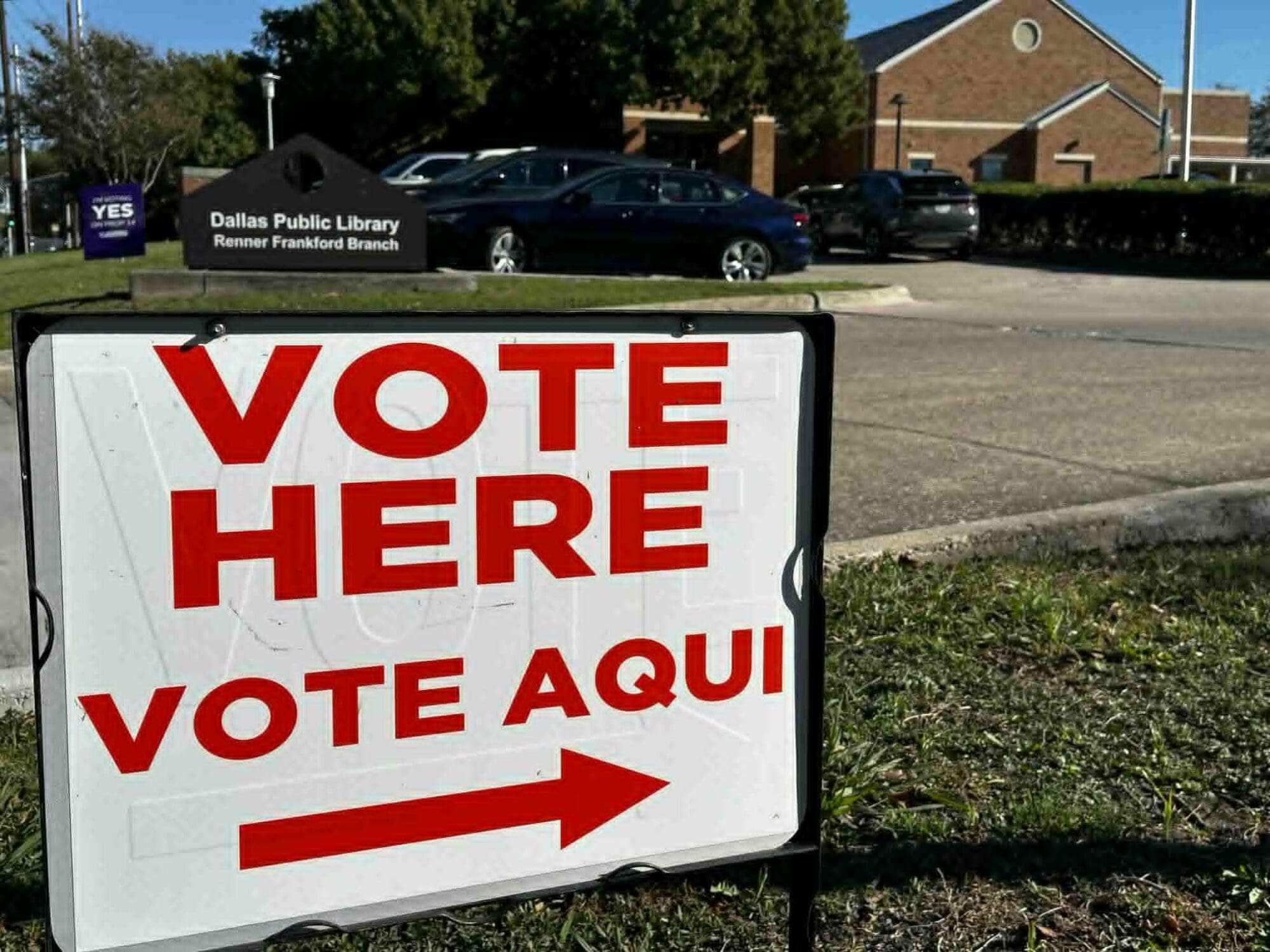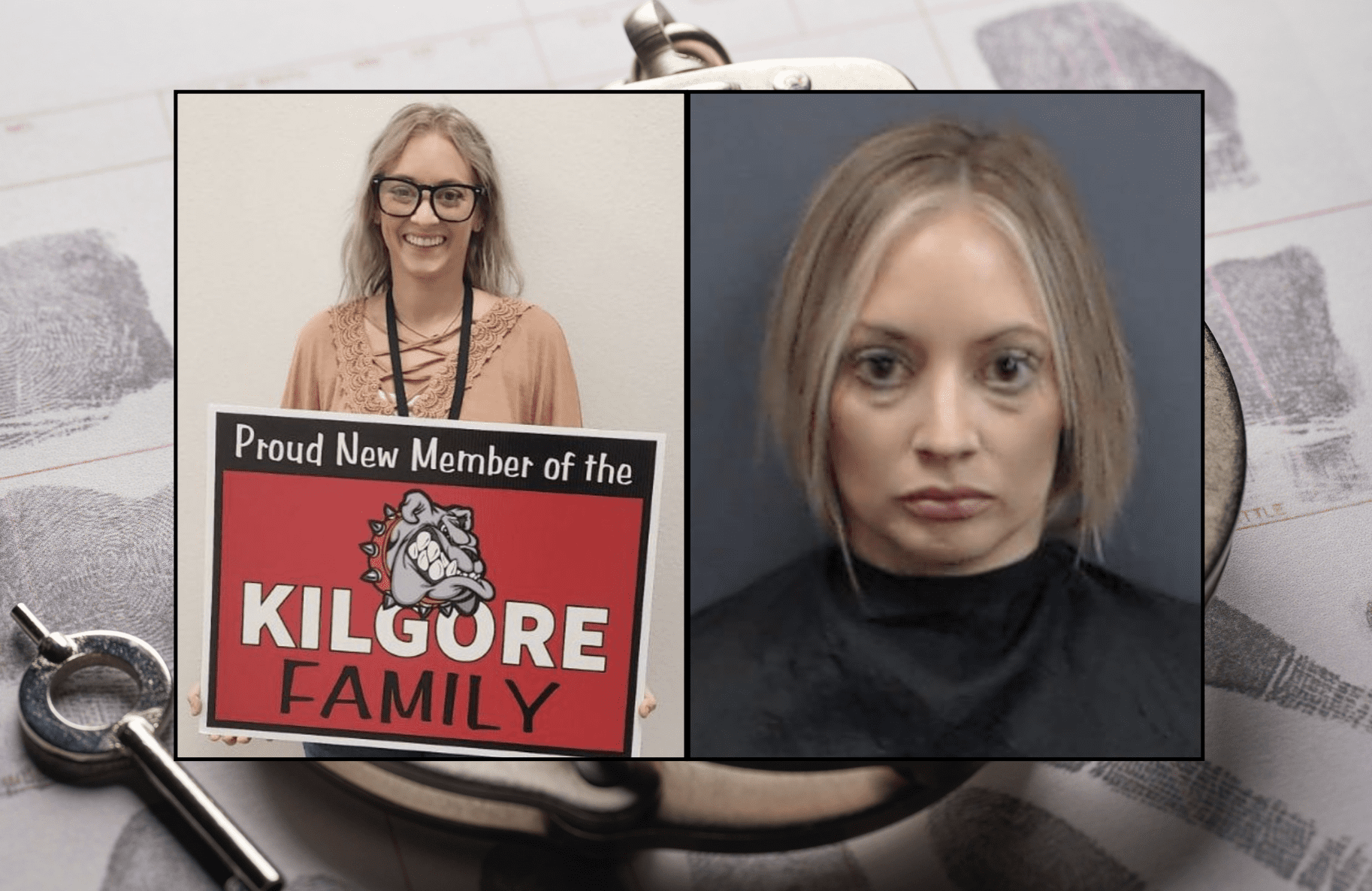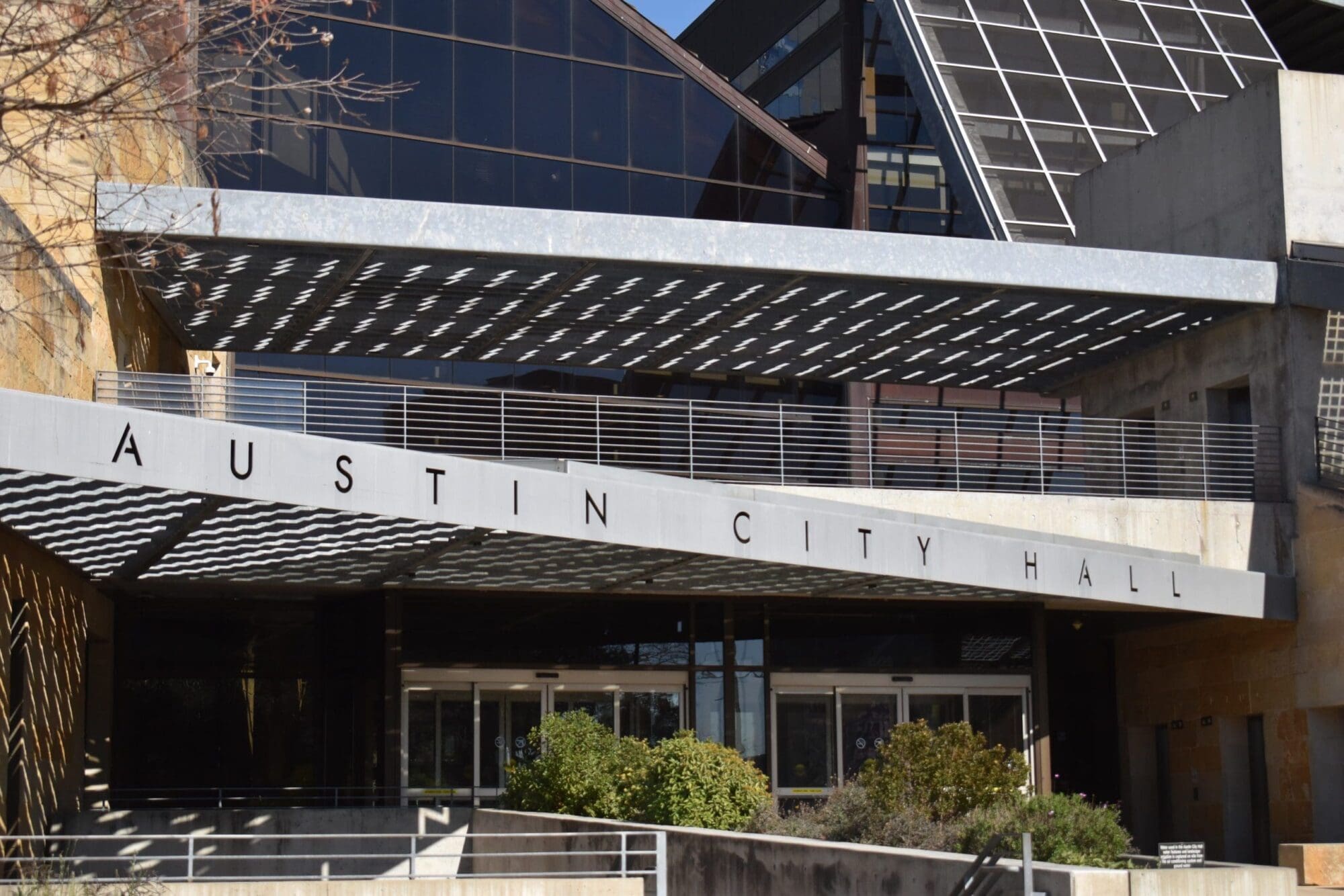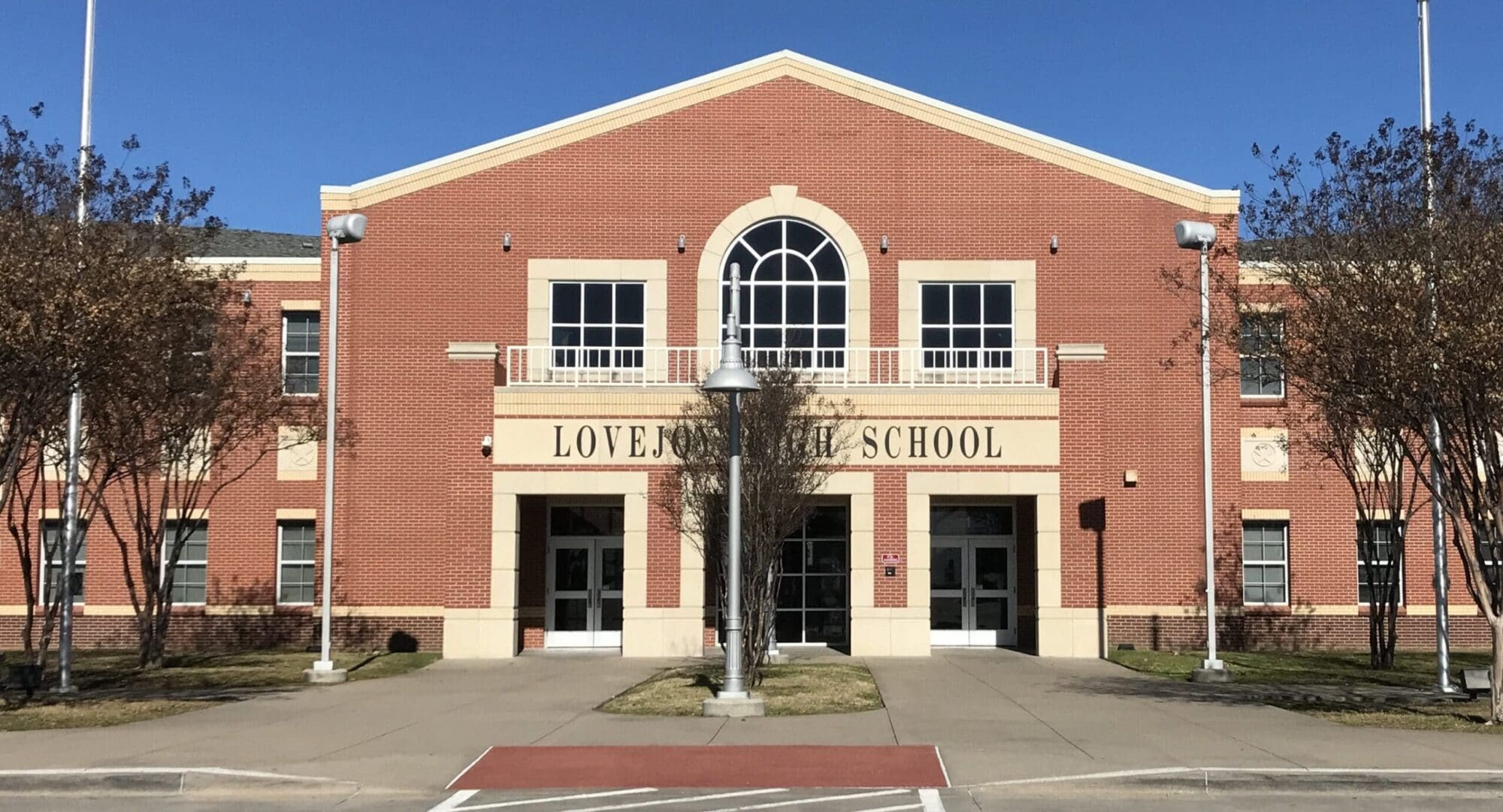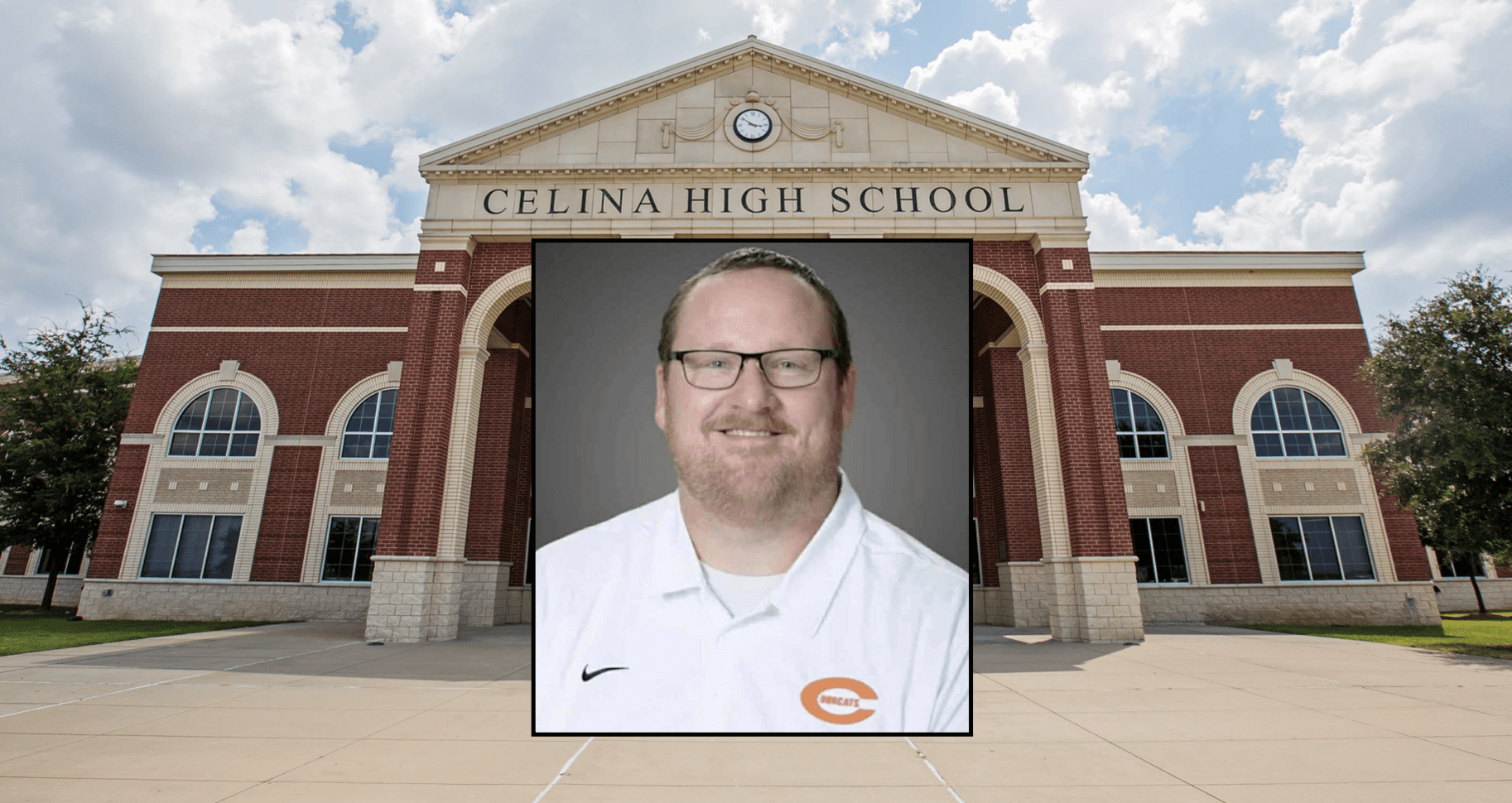Most Texas voters skipped Tuesday’s elections, but those who voted in their local school district contests collectively approved billions in new bond debt and permanent property tax rate increases.
More than 2.5 million Texans voted statewide on constitutional amendments, a turnout of about 14 percent. All 17 amendments passed—including several designed to lower property tax burdens.
Yet locally, many voters gave their school districts the okay to spend billions more tax dollars and to permanently raise their property tax rates.
Dozens of school districts put bond propositions totaling more than $10 billion on the November 4 ballot, according to the Texas Bond Review Board.
Bonds must be repaid with interest by local property taxpayers. Texas law requires each ballot proposition to state: “THIS IS A PROPERTY TAX INCREASE.”
In addition to bond debt, more than 40 Texas school districts put a Voter Approval Tax Ratification Election on the ballot.
A VATRE is required when a district proposes a permanent increase in its maintenance and operating (M&O) tax rate that exceeds the voter-approval rate—the highest rate allowed by state law without a public vote.
A sampling of Tuesday’s results:
School Bond Results
Belton ISD
Voters approved a bond to build and upgrade stadiums but rejected three others.
—Prop A: $92 million ($203 million with interest): Failed by fewer than 100 votes.
—Prop B: $43 million ($95 million with interest): Failed 62-38 percent.
—Prop C: $6 million ($6.8 million with interest): Passed 53-47.
—Prop D: $19 million ($41 million with interest): Failed 58-42.
Brownsville ISD
Voters rejected both bonds, which would have cost taxpayers more than double the amounts shown on the ballot.
—Prop A: $385 million ($839 million with interest): Failed 59-41.
—Prop B: $75 million ($163 million with interest): Failed 63-37.
Lamar CISD
Voters rejected one bond but approved three others that will cost property taxpayers more than $4 billion with interest.
—Prop A: $1.9 billion ($4.1 billion with interest): Passed 55-45.
—Prop B: $26 million ($58 million with interest): Failed 53-47.
—Prop C: $44 million ($54 million with interest): Passed 54-46.
—Prop D: $10 million ($13 million with interest): Passed 52-48.
Magnolia ISD
Voters defeated all three bond propositions.
—Prop A: $469 million ($928 million with interest): Failed 51-49.
—Prop B: $22 million ($45 million with interest): Failed 59-41.
—Prop C: $24 million ($48 million with interest): Failed 60-40.
Richardson ISD
Voters approved all three bonds, including more than a billion dollars in new debt to build several new schools despite closing campuses due to declining enrollment.
—Prop A: $1.33 billion ($2.24 billion with interest): Passed 64-36.
—Prop B: $54 million ($61.7 million with interest): Passed 65-35.
—Prop C: $7.4 million ($8.6 million with interest): Passed 53-47.
Temple ISD
Voters approved the bond and a VATRE.
—Prop B: $119 million ($218 million with interest): Passed 57-43.
Van Alstyne ISD
Voters rejected a deceptively marketed bond.
—Prop A: $550 million ($1.1 billion with interest): Defeated 62-38.
In other big school bond elections, North East ISD voters approved three of five bonds—Prop A, B, and C—totaling $482 million ($879 million with interest), Greenville ISD passed a $399 million bond that will cost taxpayers $779 million with interest, and Bryan ISD voters approved a $397 million bond package.
VATRE Results
Denton ISD
—Prop A: 5-cent increase: Passed 53-47 percent.
Garland ISD
—Prop A: 12-cent increase: Passed 61-39.
Liberty Hill ISD
—Prop A: 7-cent increase: Passed 52-48.
Rockwall ISD
Last year, voters rejected a big bond package and a tax rate increase. This year, with help from a well-funded PAC, the district passed a large rate increase.
—Prop A: 12-cent increase: Passed 54-46.
Temple ISD
Voters approved the tax rate increase and a bond.
—Prop A: 1-cent increase: Passed 59-41.
